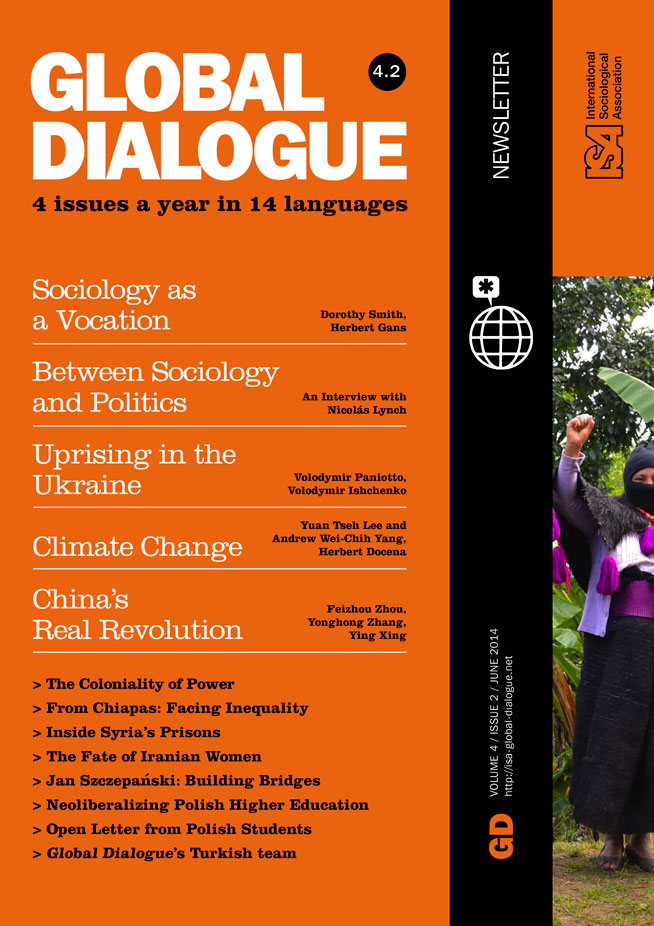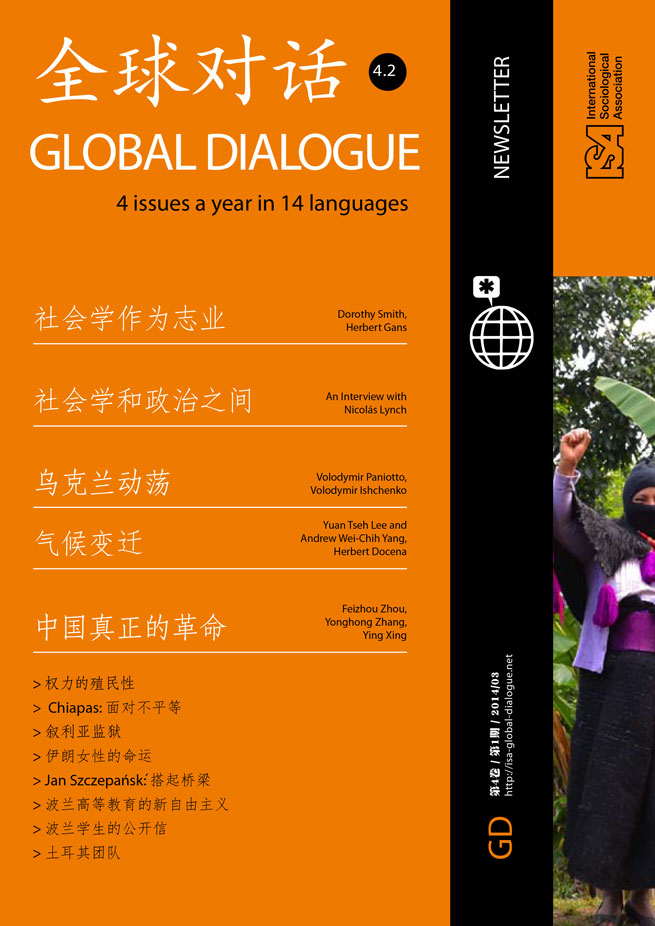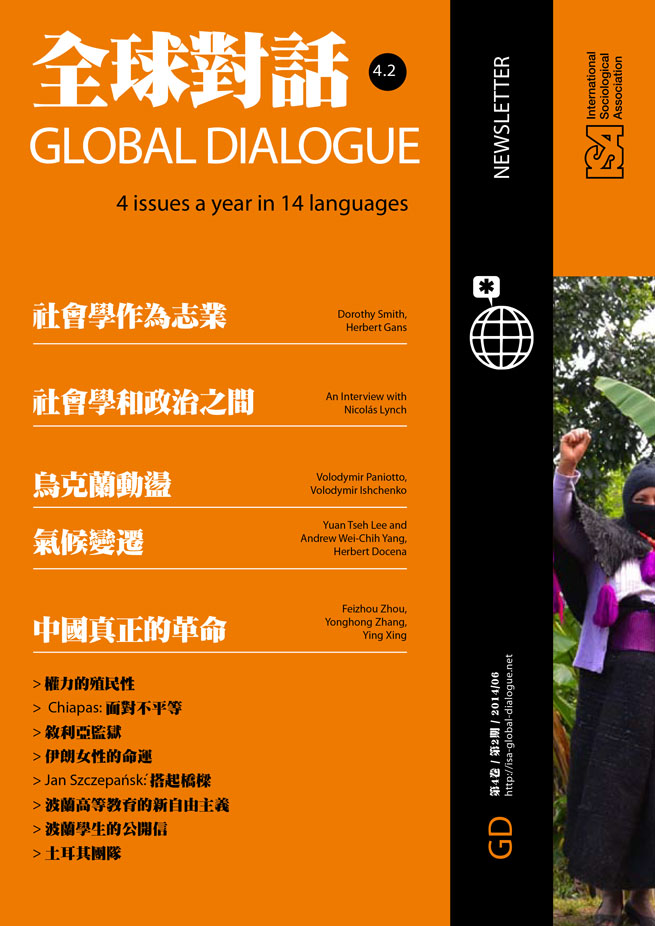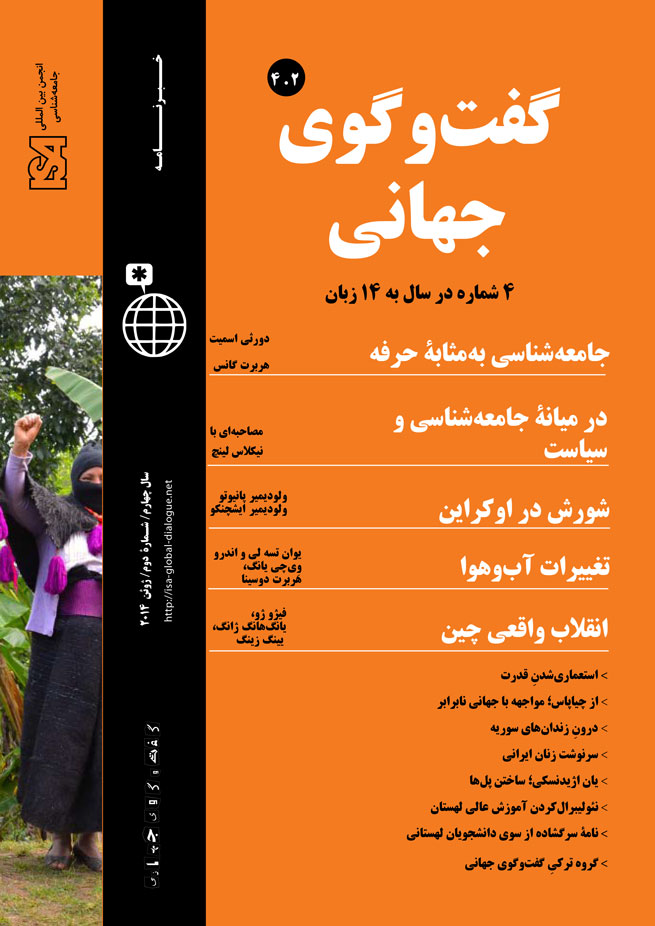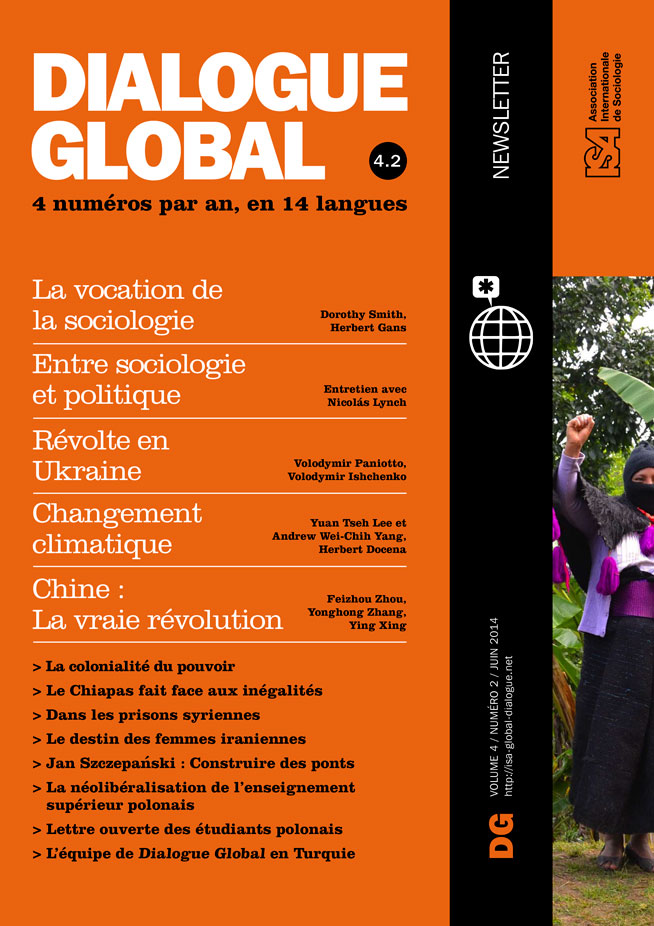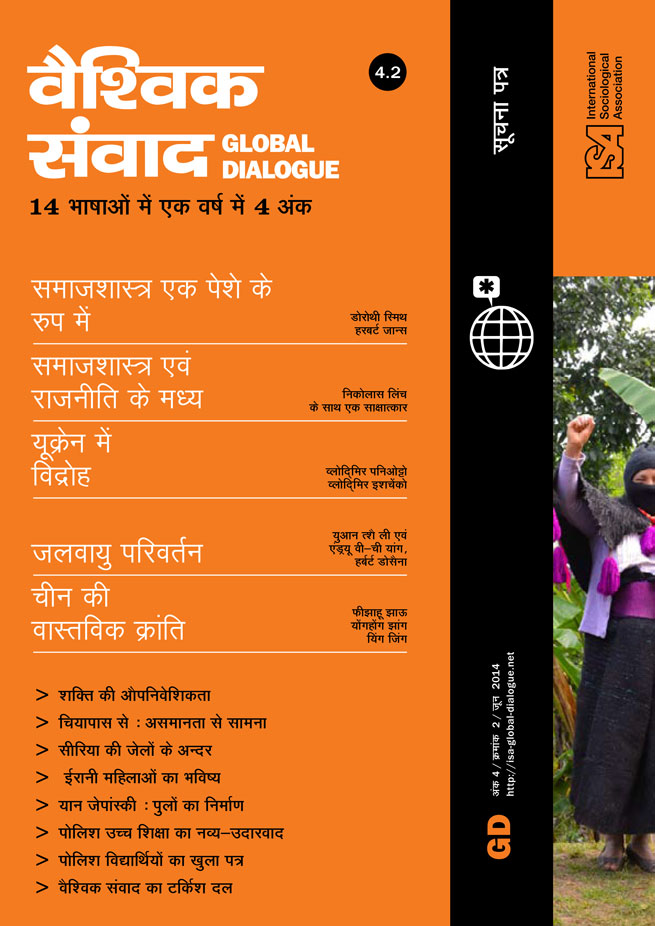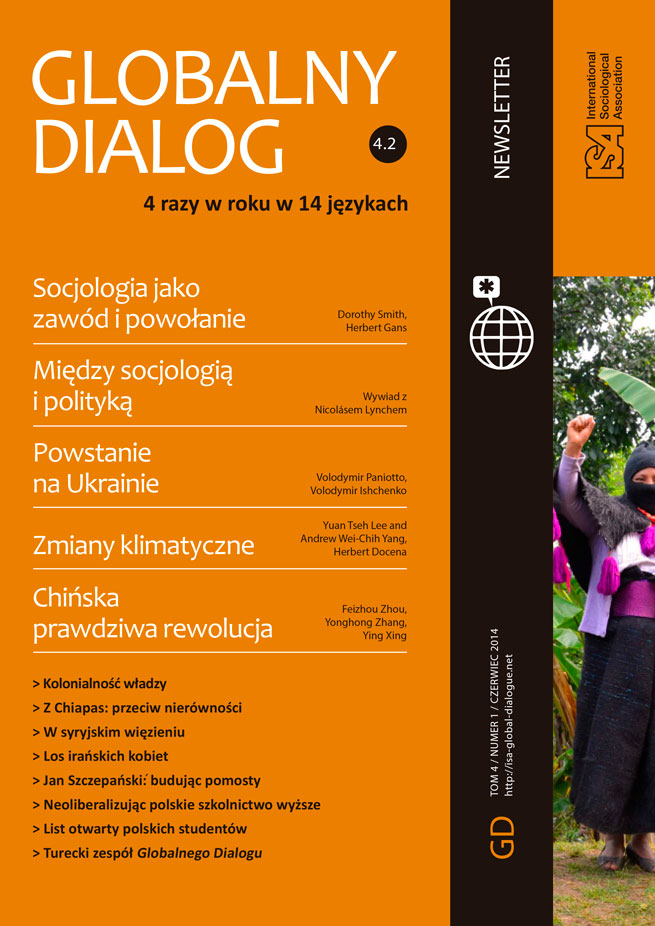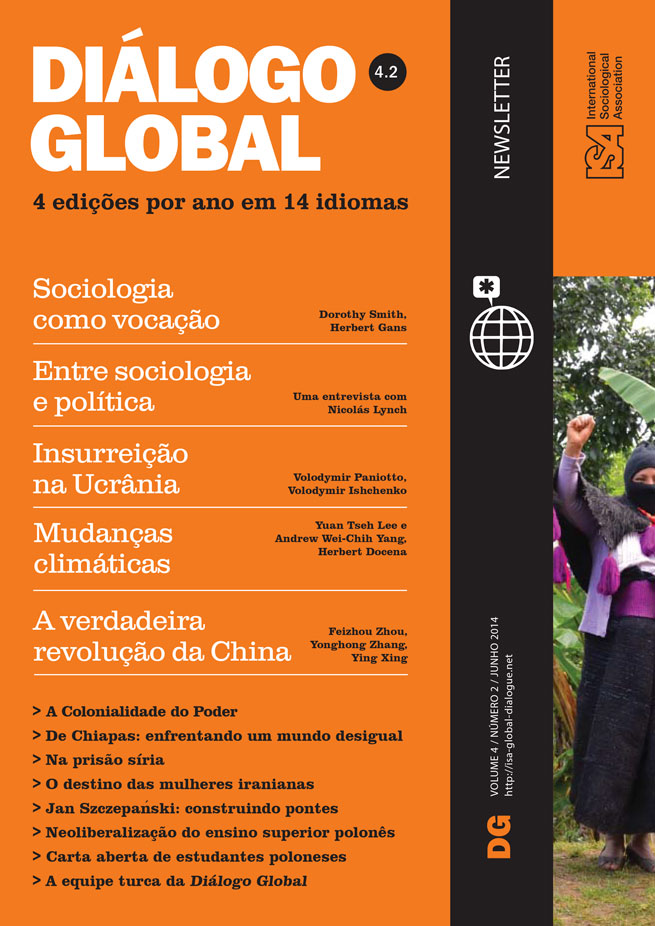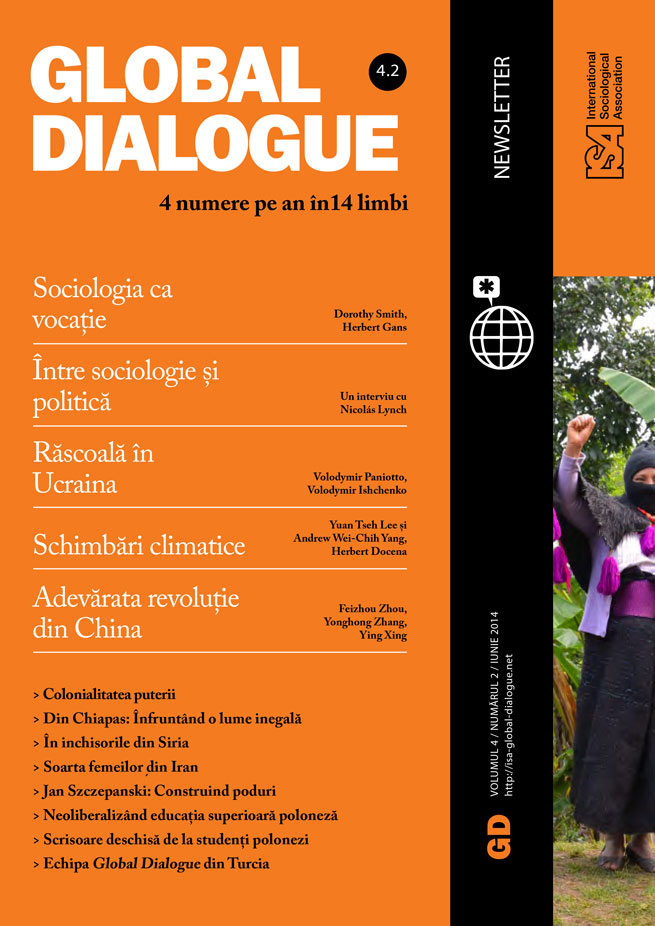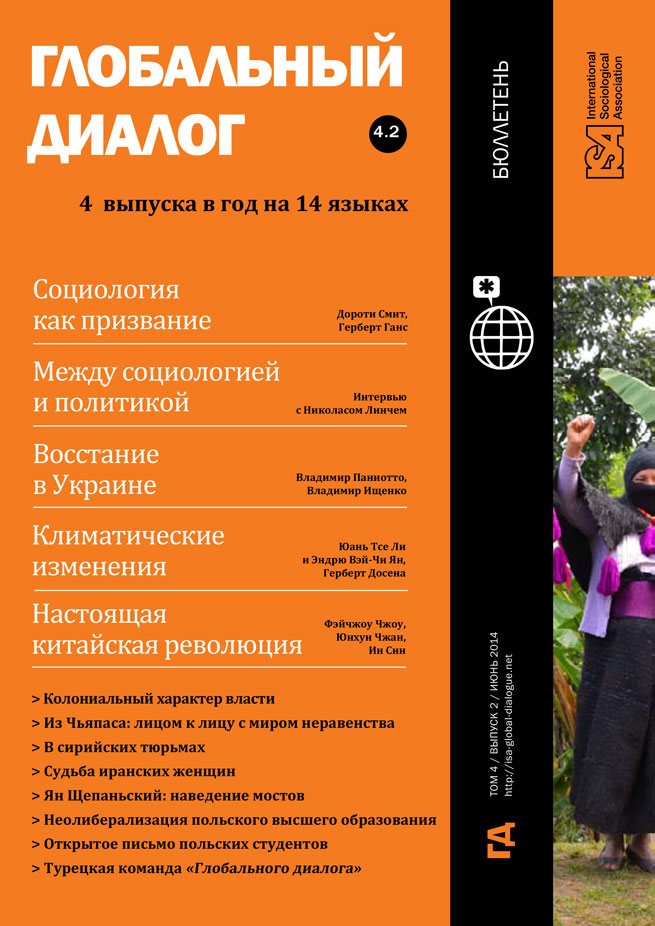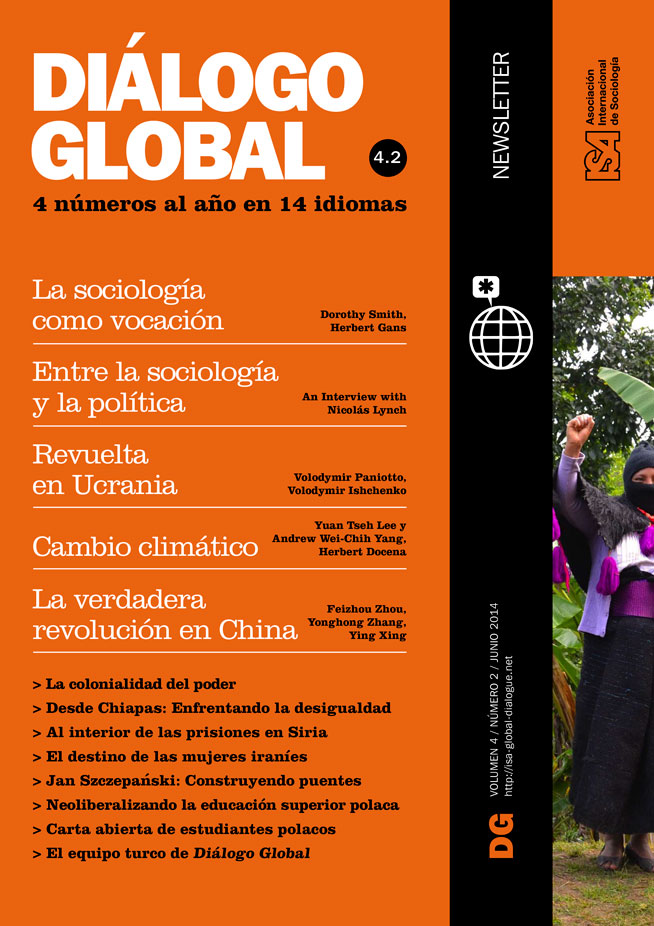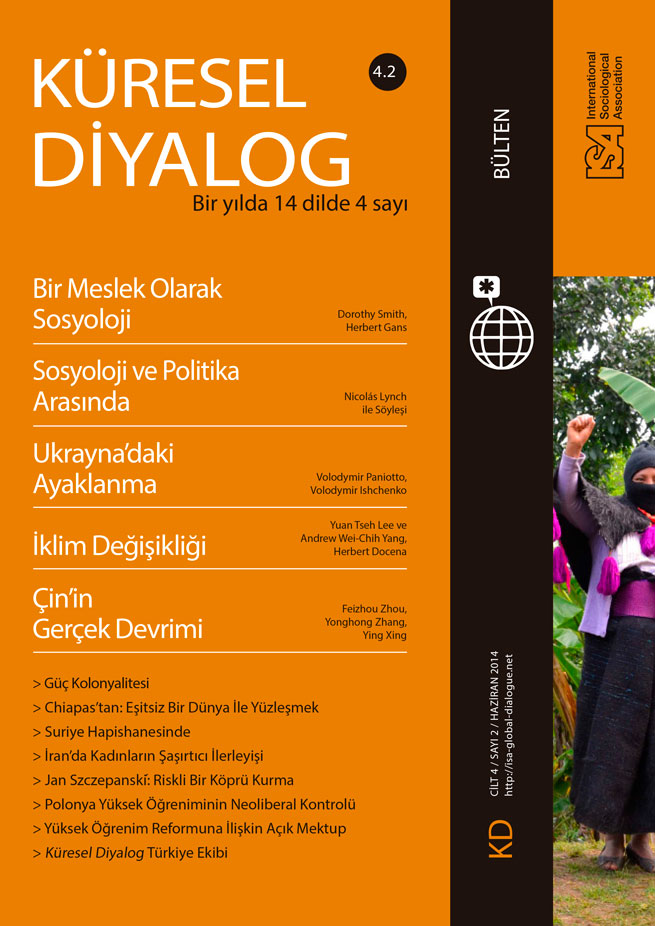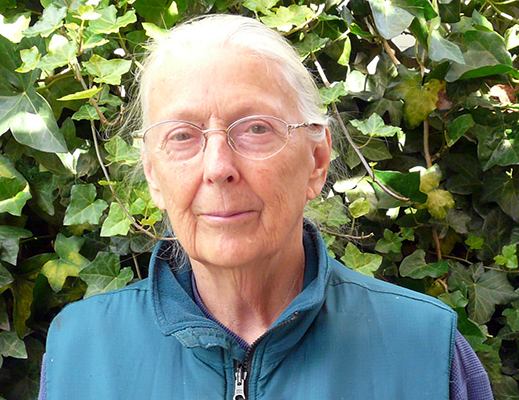Read more about Sociology as a Vocation
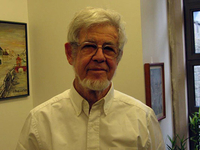
Looking to the Future
by Herbert Gans
May 17, 2014
Dorothy Smith is a pioneer of feminist sociology and what has come to be known as “institutional ethnography” that locates everyday life in its wider context, especially “relations of ruling.” She is the author of many classic works, starting with the foundational article “Sociology for Women” and including such books as The Everyday World as Problematic: A Feminist Sociology (1987), The Conceptual Practices of Power: A Feminist Sociology of Knowledge (1990), and Institutional Ethnography: A Sociology for People (2005). She has received numerous awards from the American Sociological Association and the Canadian Sociology and Anthropology Association. Following her inspiration, there is now an ISA Thematic Group on Institutional Ethnography (TG06).
It is difficult for me to write of sociology as a vocation, to see it as somehow drawing me in, calling me to devote my intellectual life to working within it. I became a professional sociologist by accident or rather a series of accidents: first, accidents of my personal history and then through historical accidents of two social movements in which I became involved and which radically transformed my relation to established sociology.
Accidents: I went to the London School of Economics (LSE) in 1952 because I was profoundly bored with secretarial work and thought that if I had a university degree, I’d be able to get more interesting jobs. There I got a bachelor’s degree in social science, met and married Bill Smith and then left with him to enter the doctoral program in sociology at the University of California, Berkeley – although at LSE I had specialized in social anthropology.
Berkeley was a radically new experience. At the LSE there had been no sociology to be learned as such. Social theorists, Durkheim, Marx, Weber, and others were read and discussed; we learned demography, about the imaginary of genetic theories of race, practices of social philosophy, and ethics; we talked and argued. I was shocked at Berkeley to discover that to get a decent grade in courses I took I had to accept the views of the instructors. I was shocked also at the exclusion of political debate on campus – this was still the McCarthy era.
In retrospect I can see that in my years of graduate study from 1955 to 1963, sociology was being made as a distinctive professionalized discipline unconnected to its politically ambiguous past. Its connections with its Chicago school heritage were sidelined and, in the changed and changing political order emerging from the McCarthy period, sociologists at Berkeley and elsewhere were busily making it over in ways that repressed possible connections with socialist politics (that still survived in the work of C. Wright Mills). Talcott Parsons’s The Structure of Social Action was powerfully influential in designing a social science in which Marx and Marxist thinking had no place. The redesigning of sociology at that period included its conceptual remaking: for example, the concept of social stratification superseded the concept of class or, in the context of the increasing societal dominance of business corporations, there developed the empty rationality of organizational theory (ready-made, of course, for its later managerial takeover).
Accidents: Bill, my husband, walked out on us early one morning in 1963; we had two children and, at that time, one was only nine months old. I was left with the responsibility not just of care but of becoming the major wage-earner. So I realized I had to publish. I had loved doing research and writing but I hadn’t thought publishing had any significance; now I had to change; I had to become a professional. And I did.
In 1968 I got a job at the University of British Columbia in Canada. My eldest son, then eight, and I had chosen this among a couple of possibilities (universities were expanding in those days) because when we looked at a map of Vancouver we could see that north of the peninsula where the university was located was a region with no roads.
Accidents: But two years into that experience, the Canadianization movement overtook me. Canadianization was most advanced in literature and history but sociologists in Canada were catching up. We discovered that we were teaching a sociology grounded in the United States with some, but relatively insignificant, influences from Britain. There were original and distinctive Canadian social scientists, but we taught Sociology and they were not included. I came to recognize that the sociology I taught was disconnected from the society I actually lived in. My Berkeley training had prepared me for operating like a legate of the Roman Empire, reproducing the order of Rome in a provincial region.
By this time, having just become a Canadian citizen, in my teaching I tried to understand Canadian society with the sociology I had learned. From my time at the LSE I remembered reading in Marx and Engels of a commitment to a social science beginning with actual people, their work, and the conditions of their lives. I reread Marx. I discovered his critique of ideology as a method of understanding social process. I came to see that engaging consciously as a sociologist with the society we lived in was a different enterprise than the imperialism built into sociology’s established theories, concepts, subject matter divisions, and methodologies.
But then came the women’s movement and a change for me that, over a period of two or three years, involved becoming someone I had not known I could be. And my take on the sociology I learned at Berkeley was radically different. Developing a sociology in which women were subjects became, in the long run, my obsession; it had not existed; it had to be made, and it was made in dialogue with those I taught who also adopted it and took it forward. We did not know where our discoveries would take us but we were determined to make them.
What is now called “institutional ethnography” emerged from that discourse and the ongoing dialogue of exploration and discovery in our research, talk, and writing. Is it a kind of sociology? Not if that wording means subordination to the sociological orthodoxy represented in the conventional graduate courses in sociological theory and method that are requirements for a graduate degree. Is it a methodology? No, it is not. Maybe it can be seen as another sociology or an alternative sociology, committed to a grounding in actual people’s experience, their doings and how what they are doing is coordinated, particularly with relations extending beyond individual situations. This is where I work, active in a research dialogue with other institutional ethnographers. Discovering isn’t a vocation – it’s an ongoing fascination and engagement.
And yet, sociology provides the discursive and institutional space where institutional ethnography has its major site (it has also taken off in other unrelated fields such as nursing). Today’s sociology no longer has that degree of imposed coherence, which I was learning to transmit during my Berkeley training. Those concerned to better understand society have taken it in various directions. Here I find research and thinking that share institutional ethnography’s aims of developing knowledge that can translate people’s problems and troubles – as C. Wright Mills proposed – into public issues.
Dorothy E. Smith, University of Victoria, Canada
This issue is not available yet in this language.
Request to be notified when the issue is available in your language.
If you prefer, you can access previous issues available in your language:

